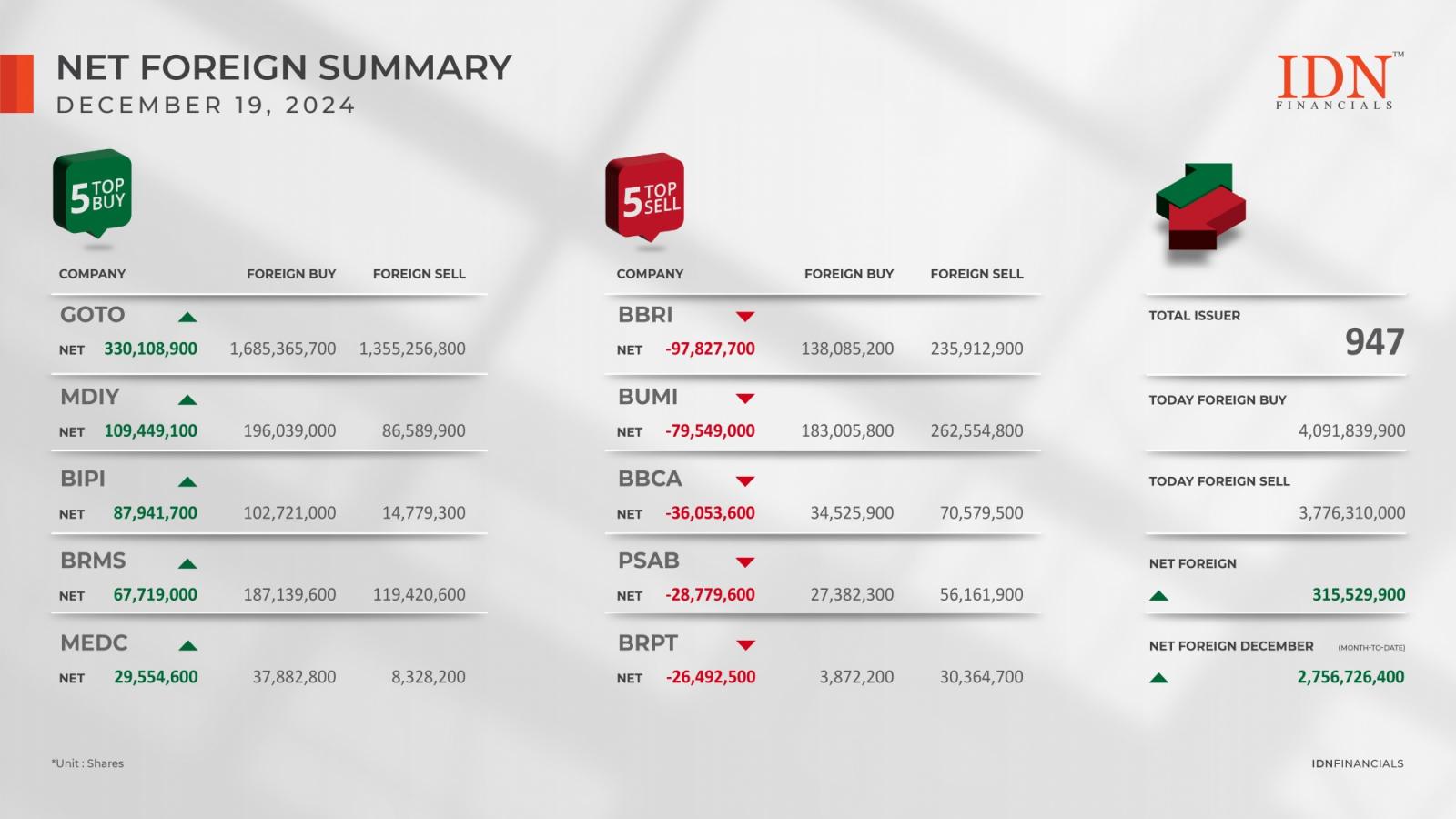
A day ahead of the release of the more closely watched monthly jobs report, the Labor Department released a report on Thursday showing first-time claims for U.S. unemployment benefits rose by much more than expected in the week ended July 27th.
The report said initial jobless claims climbed to 249,000, an increase of 14,000 from the previous week\'s unrevised level of 235,000. Economists had expected jobless claims to inch up to 236,000.
With the much bigger than expected increase, jobless claims reached their highest level since hitting 258,000 in the week ended August 5, 2023.
\"Initial jobless claims rose more than expected in the week ended July 27, and while the claims data have been subject to a variety of special factors in recent weeks, they are on an uptrend, suggesting some pickup in layoff activity,\" said Nancy Vanden Houten, Lead U.S. Economist at Oxford Economics.
\"While the Federal Reserve said yesterday that it needs more confidence that inflation is cooling before lowering interest rates, Fed Chair Jerome Powell also stated he doesn\'t want to see the labor market weaken materially,\" she added. \"We expect the first rate cut to come in September.\"
The Labor Department said the less volatile four-week moving average also crept up to 238,000, an increase of 2,500 from the previous week\'s unrevised average of 235,500.
Continuing claims, a reading on the number of people receiving ongoing unemployment assistance, also rose by 33,000 to 1.877 million in the week ended July 20th, reaching the highest level since November 2021.
The four-week moving average of continuing claims also edged up to 1,857,000, an increase of 5,250 from the previous week\'s revised average. This is the highest level for this average since December 2021.
On Friday, the Labor Department is scheduled to release its more closely watched report on employment in the month of July.
Employment is expected to increase by 175,000 jobs in July after surging by 206,000 jobs in June, while the unemployment rate is expected to remain unchanged at 4.1 percent.





